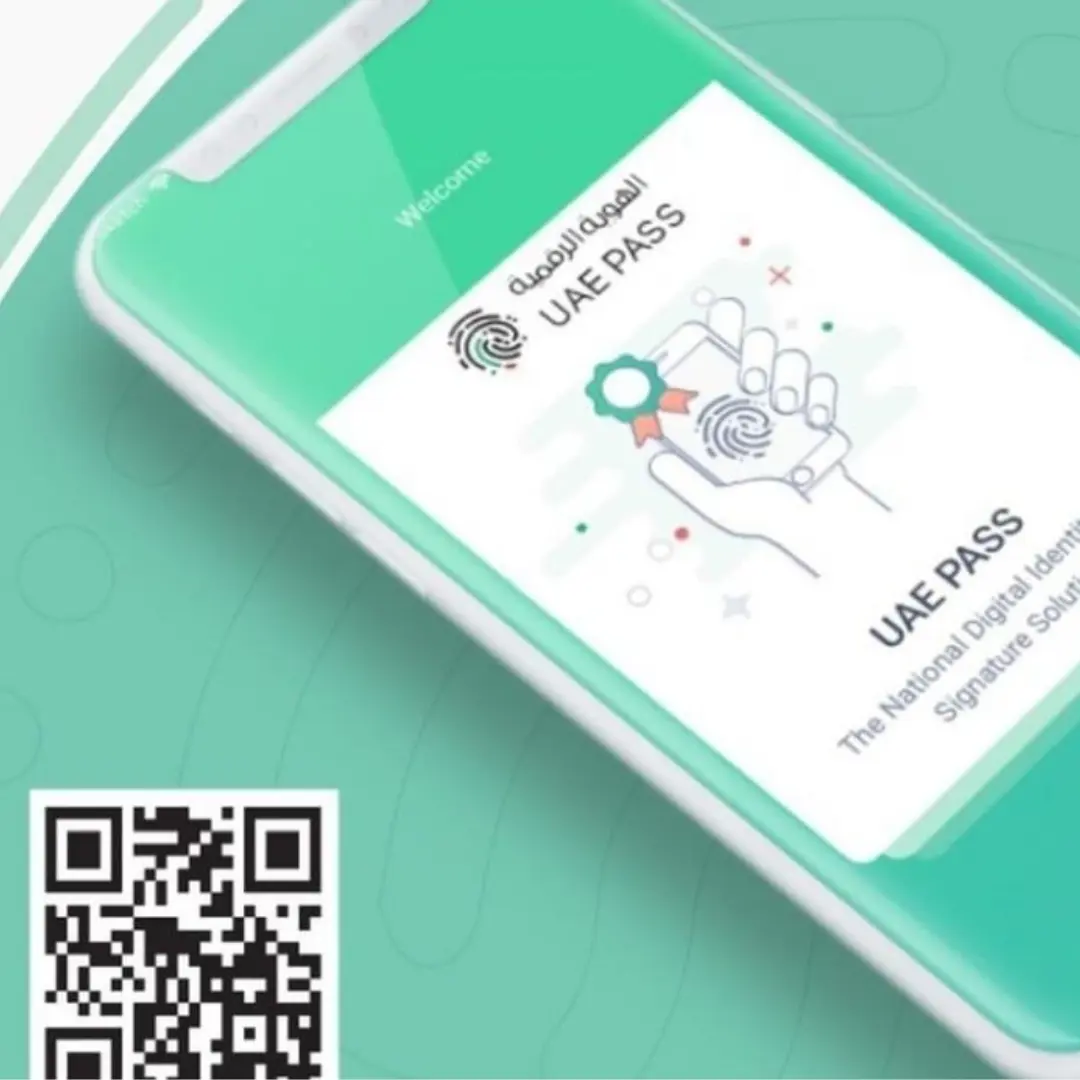The vishing scam, a form of social engineering, targets UAE residents through deceptive phone calls and emails that impersonate authorities or trusted entities. This fraudulent tactic aims to manipulate individuals into divulging sensitive personal information, such as banking details or identity credentials, ultimately leading to financial losses.
In a typical vishing scenario in the UAE, perpetrators often pose as representatives from government agencies, banks, or utility companies. They employ various tactics to instill a sense of urgency or fear in their targets, claiming issues such as unpaid bills, legal troubles, or pending fines. By exploiting these concerns, scammers persuade victims to provide confidential information or initiate financial transactions under false pretenses.
One common tactic involves the impersonation of law enforcement officers or officials from government departments like the police or immigration authorities. Scammers might falsely claim that the victim is under investigation or that their residency status is at risk, coercing them to disclose personal details to “verify” their identity or resolve purported issues swiftly.
Moreover, vishing scams can also involve deceptive emails that appear to originate from legitimate sources, such as banks or official government domains. These emails often contain links to fake websites designed to mimic authentic portals, where unsuspecting victims are prompted to enter login credentials or financial information. Once provided, this sensitive data is exploited by fraudsters for illicit purposes, including unauthorized transactions or identity theft.
Despite ongoing efforts by authorities and financial institutions to raise awareness about vishing scams, many UAE residents continue to fall victim due to the sophisticated tactics employed by fraudsters. The consequences of such scams can be devastating, resulting in significant financial losses and potential harm to personal reputation and creditworthiness.
To combat vishing, UAE residents are advised to remain vigilant and cautious when receiving unsolicited communications, especially those requesting sensitive information or urgent action. It is crucial to verify the authenticity of callers or email senders by independently contacting the organization through official channels, such as verified phone numbers or websites.
Furthermore, individuals should refrain from sharing personal or financial information over the phone or email unless absolutely certain of the recipient’s identity and legitimacy. Implementing robust security measures, such as regularly updating passwords and monitoring bank statements for unauthorized transactions, can also help mitigate the risk of falling victim to vishing scams.
By staying informed and exercising caution in interactions with unfamiliar communications, UAE residents can better protect themselves from the pervasive threat of vishing and safeguard their personal and financial well-being.









